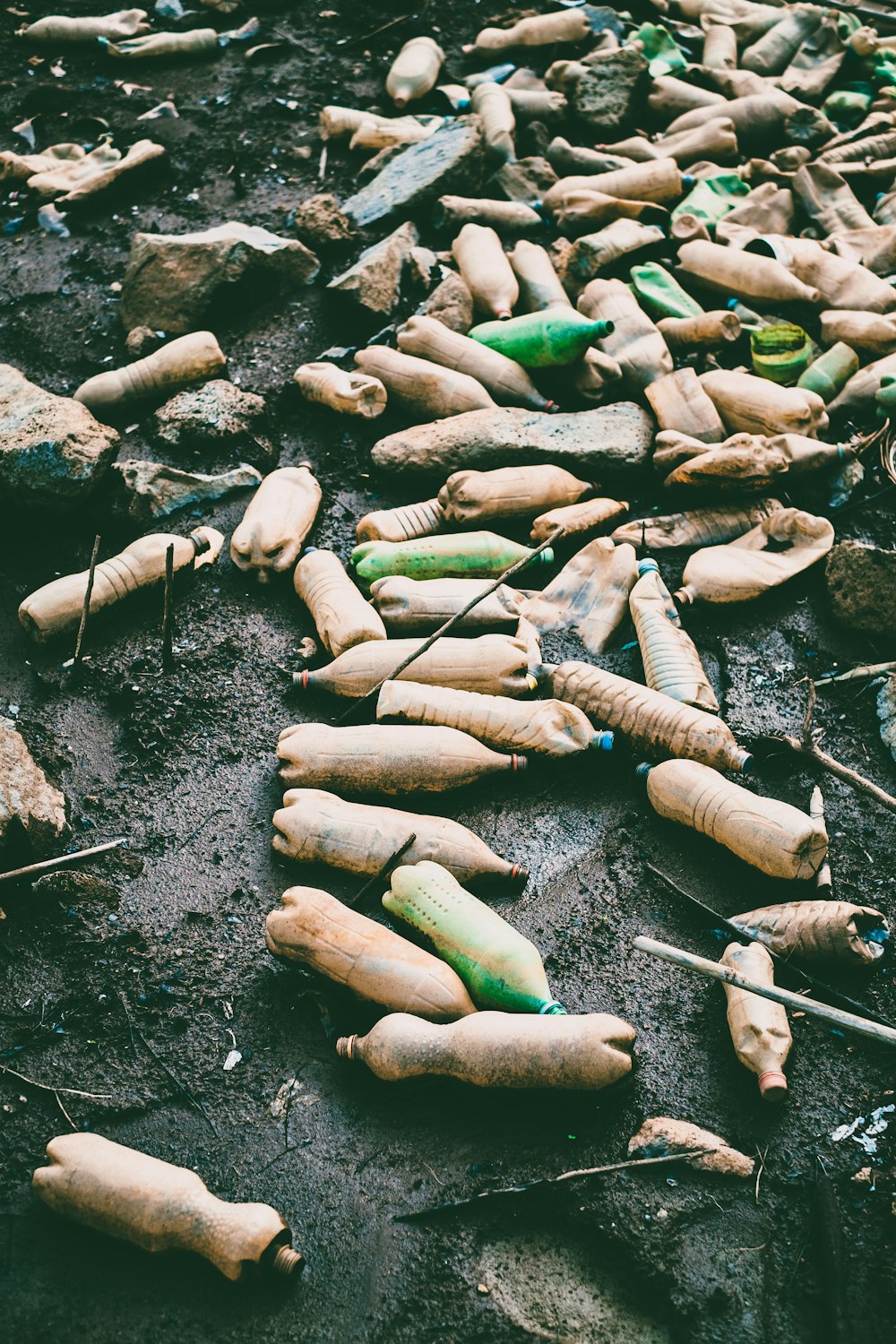Hey there, eco-warriors! Welcome back to another edition of our deep dives into the world's most pressing environmental issues. Today, we're tackling a topic that's as ubiquitous as it is problematic: plastic waste. And let me tell you, this isn't just an American affair; it's a global extravaganza of trashy proportions. So grab your reusable coffee cups and paper straws and let's get into it!
The Unsettling Stats 📊
First things first, let's talk numbers. According to the United Nations, humanity produces a staggering 300 million tons of plastic waste every year. Imagine wrapping the Earth four times over with plastic wrap, that's the scale we're talking about. It's mind boggling, right? But here's the kicker: only 9% of this plastic is recycled, 12% is incinerated, and a whopping 79% ends up in landfills or, worse, our oceans and rivers. OOF!
A World Tour of Trashy Hotspots 🌍
India's Ganges: A Sacred River in Distress 🇮🇳
Let's jet-set to India, home to the Ganges River, a waterway considered sacred by millions of people. You'd think a river this revered would be pristine, but alas, it's a dumping ground for everything from industrial waste to household trash, dead animals, including a ton of plastic. Local governments and NGOs are trying to clean it up, but it's like bailing water from a sinking ship. The scale of pollution is just that overwhelming.
Brazil's Guanabara Bay: Where Samba Meets Plastic 🇧🇷
Next stop, Brazil! Picture this: you're in Rio de Janeiro, the sun is shining, and you're ready to hit the beach. But as you approach Guanabara Bay, you're greeted by a sea of floating plastic. It's a jarring contrast to the country's vibrant culture and natural beauty. Despite being a tourist hotspot, the bay is a victim of inadequate waste management and public apathy.
The Great Pacific Garbage Patch: America's Floating Shame 🇺🇸
And now, back to our own backyard—the Great Pacific Garbage Patch. This floating monstrosity is twice the size of Texas and primarily consists of plastic waste from North America and Asia. It's a grim testament to the developed world's role in this crisis. While efforts are underway to clean it up, the patch continues to grow, endangering marine life and ecosystems.
The Heroes and Villains of Waste Management 🦸♀️🦹♂️
Germany: The Recycling Maestros 🇩🇪
Now, not all is doom and gloom. Germany, for instance, is killing it in the recycling game. Their "Green Dot" system makes manufacturers responsible for the waste they produce, financially incentivizing them to reduce packaging. It's a win-win for both the environment and consumers.
Rwanda: The No-Nonsense Enforcers 🇷🇼
Rwanda is another standout. The country has banned single-use plastics and enforces this law with an iron fist. Get caught with a plastic bag, and you're looking at hefty fines or community service. It's a model of effective governance that other countries could learn from.
Indonesia's Trash Bank: Wall Street for Waste 🇮🇩
Indonesia is taking a unique approach with its "Trash Bank" initiative. Residents can deposit their plastic waste and earn money or household items in return. It's a grassroots solution that's both empowering and effective, turning everyday people into eco-heroes.
The Ideal Way to Be a Trash Hero 🦸♀️🦸♂️
So how can you join the ranks of these eco-champions? It's simpler than you think:
Reduce: Cut down on your plastic consumption. Opt for reusable items and say no to single-use plastics.
Reuse: Don't just discard items that can have a second or third life. Turn that empty jam jar into a flower vase!
Recycle: Make sure you're sorting your recyclables correctly. A little effort goes a long way in ensuring that your waste doesn't end up in a landfill or worse, the ocean.
Incinerate: For plastics that can't be recycled, waste-to-energy incineration is an option, but it's not without its own set of environmental concerns. So use this as a last resort.
Biodegradable Options: Keep an eye out for biodegradable plastics. They're still in the experimental stage but could be the future of responsible plastic use.
So there you have it you eco-warriors! We've journeyed from the sacred banks of the Ganges to the samba-filled streets of Rio, and even took a detour to our own floating landfill in the Pacific. It's been a wild ride through the good, the bad, and the downright trashy aspects of global plastic waste. But here's the silver lining: change is possible, and it starts with you.
We've seen how countries like Germany, Rwanda, and Indonesia are turning the tide, one plastic bottle at a time. And guess what? You don't have to be a world leader or a billionaire philanthropist to make a difference. Small actions, when multiplied by millions of people, can transform the world. So go ahead, be that eco-hero you were born to be. Refuse that plastic straw, recycle that soda can. Because if there's one thing we've learned today, this planet needs us to change, or it’s only going to get worse!



